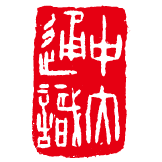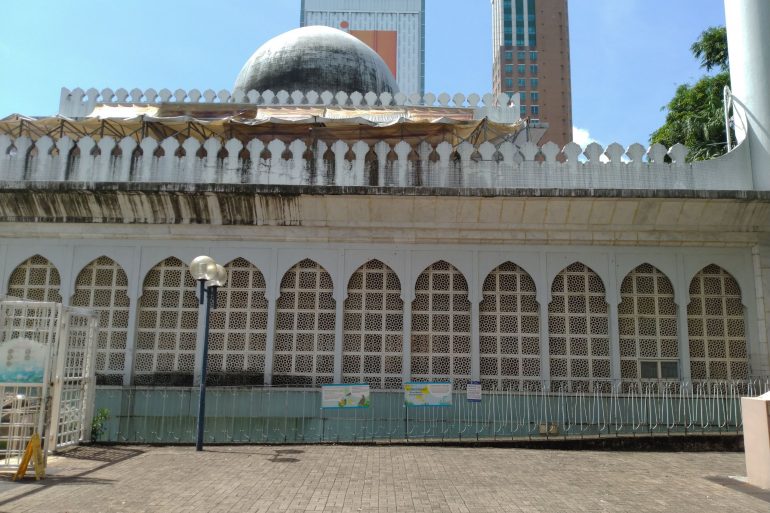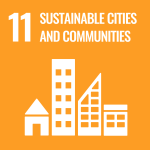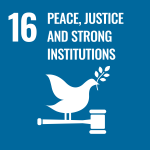UGEC2941 Islam in Hong Kong
Time
Lecture: Wednesdays 02:30 p.m. - 04:15 p.m.
Instructor
Dr. FOK Yeung Yeung
Course Description
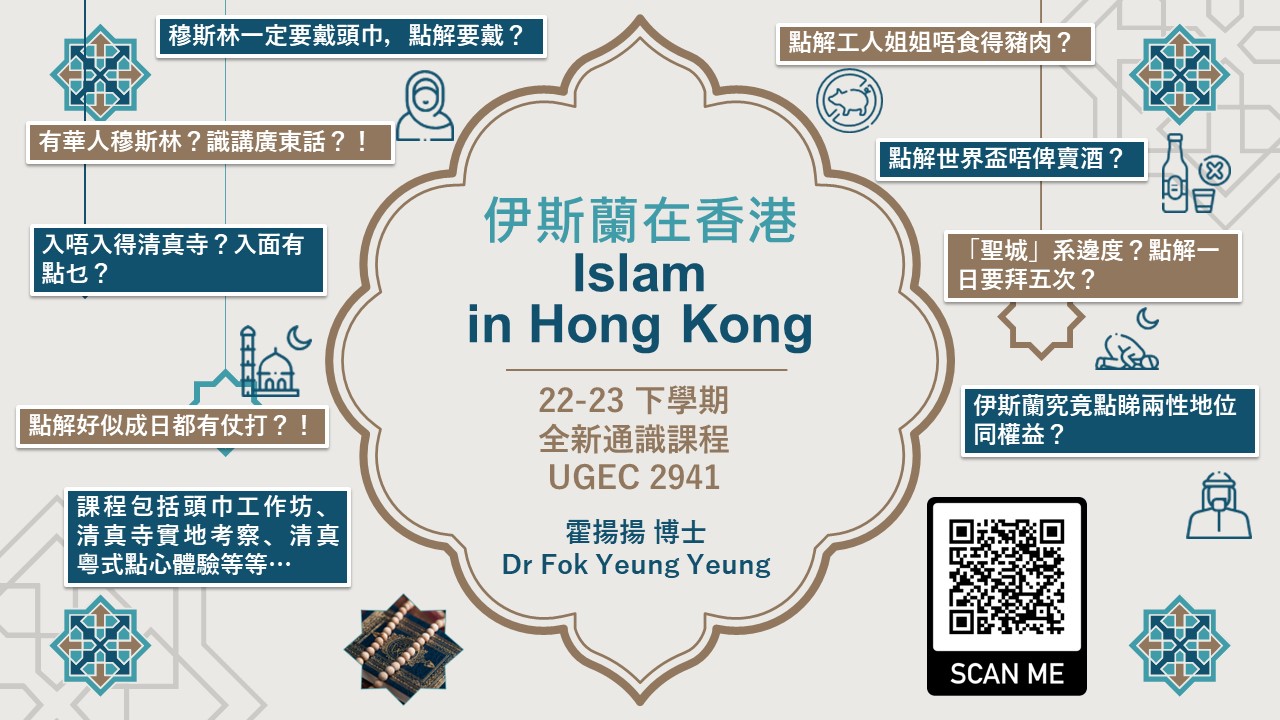 This course aims to address the historical development and localisation of Islam in the cultural context of Hong Kong. It firstly introduces the basic knowledge of Islam and Islamic culture worldwide; and the prominent cultural and social position of Islam in the contemporary globalised world. It then applies Hong Kong as a case study to examine the historical evolution of various Muslim communities of Hong Kong, such as Indian, Pakistan, Indonesian, African and Chinese Muslim communities. It also discusses how these Muslim communities interfaced with each other and integrated with the local society. By establishing a more inclusive and diversified understanding of the local Muslim community, this course responds to the UN Sustainable Development Goals #11 ‘Sustainable Cities and Communities. Meanwhile, it pinpoints local Muslim communities’ challenges in the current globalised world. Islam is one of the most important religions in the contemporary world, which is also a key to achieving a safe and peaceful global environment; therefore, this course also echoes the UN Sustainable Development Goals #16 ‘Reduced Inequalities’.
This course aims to address the historical development and localisation of Islam in the cultural context of Hong Kong. It firstly introduces the basic knowledge of Islam and Islamic culture worldwide; and the prominent cultural and social position of Islam in the contemporary globalised world. It then applies Hong Kong as a case study to examine the historical evolution of various Muslim communities of Hong Kong, such as Indian, Pakistan, Indonesian, African and Chinese Muslim communities. It also discusses how these Muslim communities interfaced with each other and integrated with the local society. By establishing a more inclusive and diversified understanding of the local Muslim community, this course responds to the UN Sustainable Development Goals #11 ‘Sustainable Cities and Communities. Meanwhile, it pinpoints local Muslim communities’ challenges in the current globalised world. Islam is one of the most important religions in the contemporary world, which is also a key to achieving a safe and peaceful global environment; therefore, this course also echoes the UN Sustainable Development Goals #16 ‘Reduced Inequalities’.
Learning Outcome
- Students should understand core concepts and theories related to one of the most prominent religions in the contemporary world – Islam and Islamic cultures worldwide. They shall learn that understanding Islam is core to developing a safe and culturally inclusive world enourgaed by the UN Sustainable Development Goals #16 'Reduced Inequalities' and 'Peace, 'Justice and Strong Institution'.
- Students should learn about the historical development of Islam and various Muslim communities in Hong Kong.
- Students shall develop their capacity to review the social roles of Islam and Muslim cultures in Hong Kong society.
- Students shall be able to outline the importance of respecting and appreciating cultural diversity in both local and global contexts. Understanding and respecting social diversity is also the key to making an inclusive and sustainable global community outlined by the UN Sustainable Development Goals #11 'Sustainable Cities and Communities.

